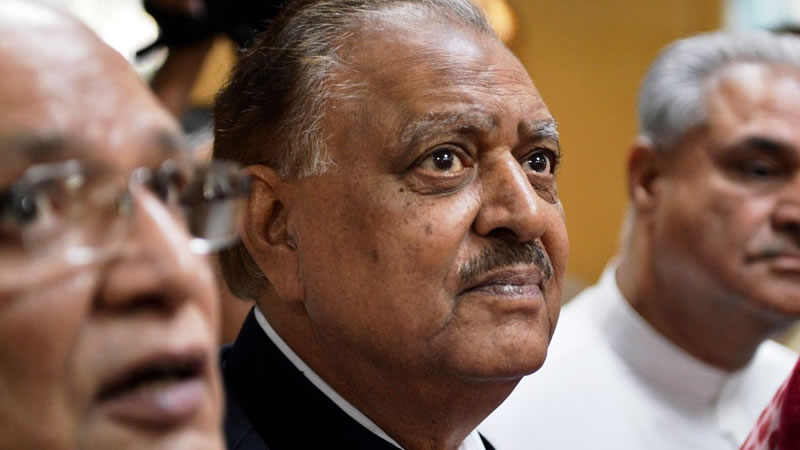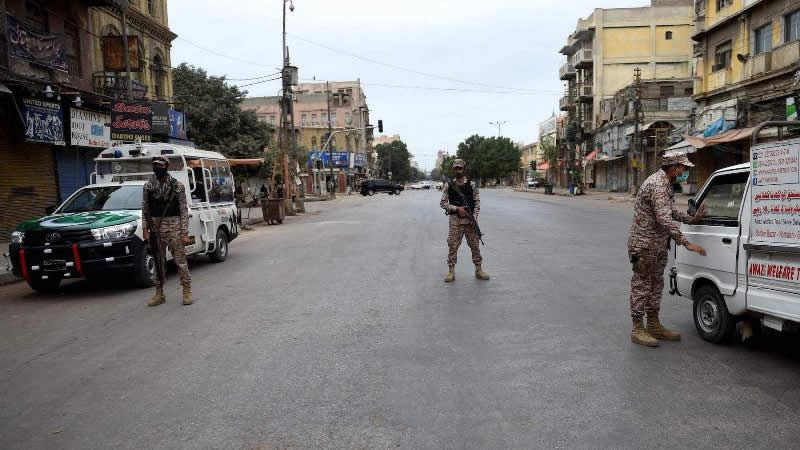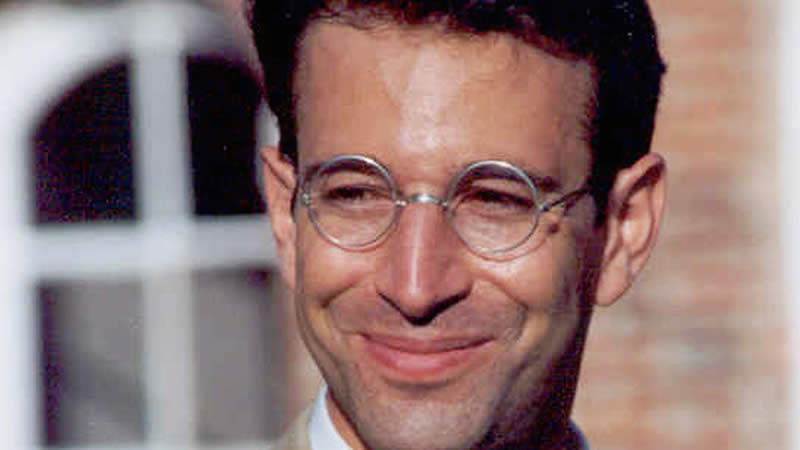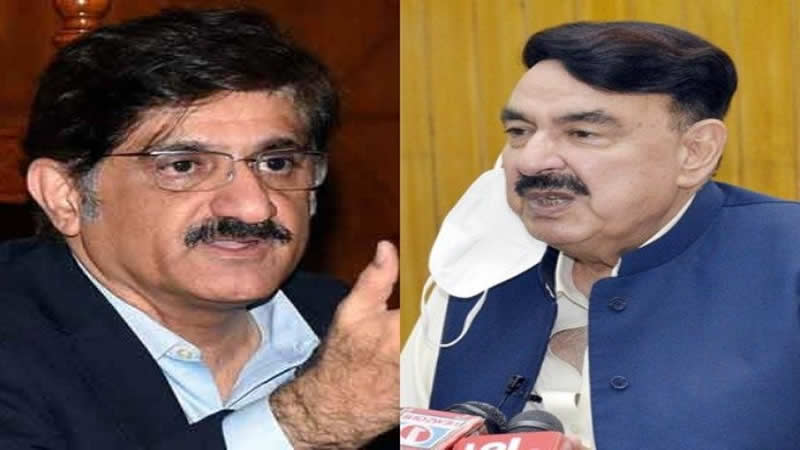Death-row prisoner Shafqat Hussain was hanged to death at the Karachi Central Prison in the wee hours of Tuesday, after his hanging was postponed on four previous occasions this year.
[contentblock id=1 img=adsense.png]
Shafqat was arrested and sentenced to death in 2004 for the kidnapping and involuntary murder of a seven-year-old boy who lived in a Karachi apartment building where Shafqat worked as a security guard.
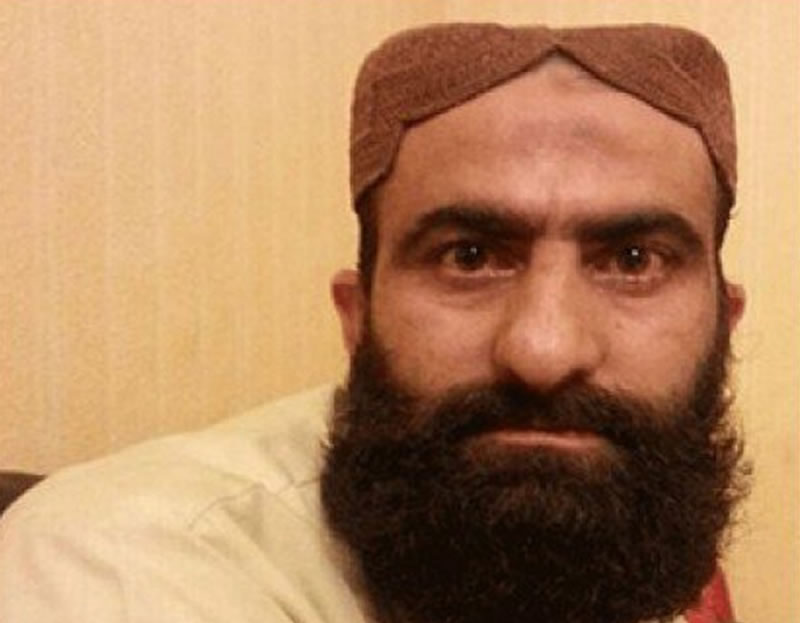
All courts in the land had turned down his appeals and the Supreme Court threw out a review petition that was the first to raise the matter of Shafqat’s juvenility at the time of arrest, maintaining that this line of defence should have been introduced at the trial court level. Previously, Shafqat’s legal team insisted that his earlier defence attorneys did not plead his case competently, which was why this aspect was overlooked. The case also garnered a lot of attention on social and mainstream media and became a bone of contention between supporters and opponents of the death penalty. Rights groups including anti-death penalty campaigners Reprieve and Amnesty International had pleaded desperately with the government not to carry out the execution.
[contentblock id=2 img=gcb.png]
Almost six months ago, before Shafqat was scheduled to be executed on January 14, he was granted a last-minute reprieve and Interior Minister Chaudhry Nisar Ali Khan had ordered an inquiry to establish the veracity of the lawyers’ contention that Shafqat was a minor at the time of sentencing. He was then set to be executed on March 19 but a day before the sentencing, civil society representatives gathered in front of the Presidency against the order. The hanging was subsequently postponed for 72 hours and then for 30 days. Death warrants for Shafqat Hussain were issued for the third time on April 24 after an executive inquiry by the Federal Investigation Agency (FIA) concluded he was 23 years of age when the punishment was handed down.






